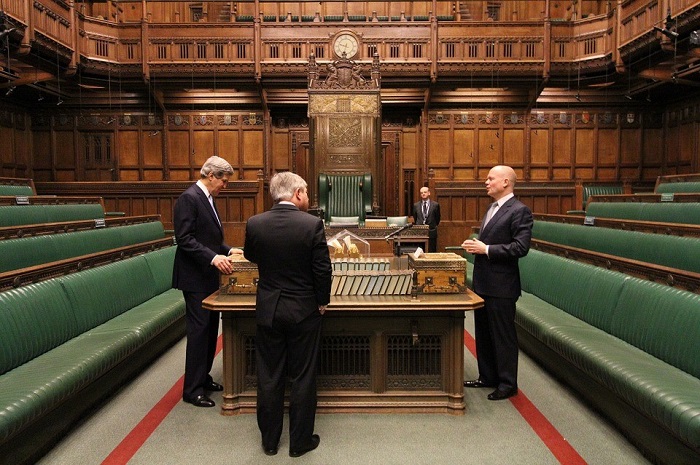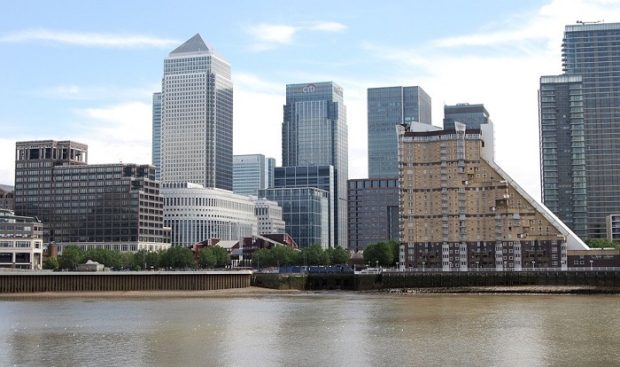The experts at IG, an online trading and investments provider, discuss whether the UK will maintain or loosen its financial regulations post-Brexit:
“Prime Minister Boris Johnson appears to have achieved alterations to the Brexit withdrawal agreement that many felt wouldn’t be possible, removing the Irish backstop and enabling the UK to leave the European Union (EU) customs union in its entirety.
One industry that will particularly be interested in these latest developments is the UK’s financial services sector, which has long been the hub of financial services in Europe.
Financial services contributed to approximately 6.5% of the UK’s economic output in 2017, so it is clear that it is a major piece in the jigsaw of the UK economy.
Despite the political uncertainty surrounding the likelihood of a Brexit deal between the UK and EU, many sub-sectors of the UK’s financial industry are attempting to cement the UK as a global financial powerhouse.
London will always be a hub for global forex in a post-Brexit world
Those who know and understand what forex is will be intrigued to hear that London’s forex trading operations are being ramped up thanks to technological innovations that are improving automation and market liquidity.
There has been huge attention to currencies since the public vote for the UK to leave the EU.
The pound has been particularly volatile against the US dollar but, despite the slowing of the UK economy, the recession that many economists predicted prior to the referendum has not yet transpired.
Whatever the outcome of Brexit, there is a widespread feeling that London’s forex industry is robust enough to sail through unchartered waters. This is largely due to its notable talent pool and its beneficial time zone.
London’s support mechanisms, such as its cluster of financial service firms, will help to keep London a leading financial centre. That’s despite the fact the euro financial market will surely move to the eurozone, with Frankfurt the most likely destination. That’s the view of several banking figureheads, too.
Deregulation is not the immediate answer for the UK’s financial services post-Brexit
In order to maintain a smooth transition post-Brexit, many important figures have urged the UK government to avoid slashing financial regulation in a bid to undercut their EU counterparts.
Sir John Cunliffe, deputy governor for financial stability at the Bank of England, believes that any post-Brexit deregulation “would create [unnecessary] financial stability risks”.
Given the size of the UK’s post-Brexit financial sector and the fact that it is so intertwined with European neighbours, Cunliffe insists the UK’s sector will require “resilience”.
Brexit is a chance for UK financial regulation to address the industry’s “rigidity” over time

Prime Minister Johnson has intimated that deregulation could be an option in the medium-to-long term for the UK, once a withdrawal agreement and free trade agreement has been ratified.
Cunliffe is in agreement that, once there is clarity over the UK’s future relationship with the EU, the UK’s financial services could at least “address this rigidity and hard wiring” of the UK’s legislation; much of which is “onshored” EU laws.
However, the chief executive of the UK’s Financial Conduct Authority (FCA), Andrew Bailey, argues that anything resembling “light-touch” regulation should not be the answer to maintaining thecompetitiveness of the UK’s financial service sector post-Brexit.
Mr Bailey believes its financial markets should cooperate closely with their EU counterparts in order to “meet our objectives” even “after exit”.
Therefore, it promises to be an intriguing tug-of-war among British organisations in the years to come, all of whom want the best for the UK’s financial services.”










